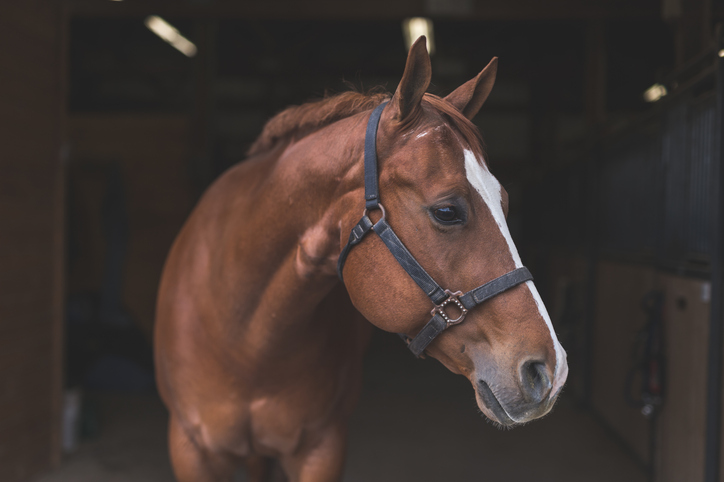Horse breeding can be extremely lucrative and rewarding. However, it is not without its risks. Therefore, it is beneficial to both parties to a breeding transaction to solidify their business relationship with an equine breeding contract. Equine breeding contracts provide significant protection to all parties involved in a breeding arrangement. In this article, we provide an overview of equine breeding contracts.
Purposes of Breeding Contracts
Breeding contracts serve several purposes. Perhaps most importantly, breeding contracts serve to reduce ambiguity and prevent disagreements (and litigation) between the parties. These types of contracts can also provide for the enforcement of future events related to the agreement. For example, a well-drafted breeding contract should state that the mare owner is entitled to a foal that is capable of registration. Should a stallion owner refuse to sign the mare owner’s registration application, the mare owner can present the contract to a court for enforcement. In addition, most breeding contracts contain provisions that limit the liability of the stallion owner and provide a means for enforcing payment of expenses and fees. Thus, breeding contracts are highly beneficial to both parties to the agreement.
Essential Components of Breeding Contracts
Although every agreement is different, there are certain provisions that are common to most breeding contracts. Below you will find some of the essential elements of a well-drafted breeding contract.
Stallion: The breeding contract should clearly identify the breeding stallion and include its registration name and number. In addition, the agreement should identify the location of the stallion.
Mare: If the agreement is designed for one specific mare, then the mare should be identified.
Expenses and fees: The contract should identify all expenses and fees, including vet fees, mare care expenses, and farrier fees. These fees and expenses should be the responsibility of the owner of the mare.
Guarantees: The majority of breeding contracts contain what is called a live foal guarantee. Therefore, any such guarantees should be described and included in the breeding contract.
Time and type of breeding: The breeding contract should also describe the time and type of breeding. Regarding type, the agreement should clarify whether the breeding will be live or artificial with frozen or cooled transport.
Sale of breeding and rebreeding rights: Finally, a breeding contract should clearly identify the mare owner’s rebreeding rights. In addition, the agreement should also address circumstances related to selling breeding rights to a third party.
Contact a Wellington Equine Law Lawyer
If you need assistance drafting an equine breeding contract, Gueronniere, P.A., is here to help. At our law firm, our experienced equine law lawyer provides legal guidance and representation to those involved in the equine industry. Regardless of whether you are a horse owner or you run an equine business, we possess the skills and knowledge necessary to address your equine industry needs. Please contact us today to arrange a free initial consultation with our talented equine lawyer.
